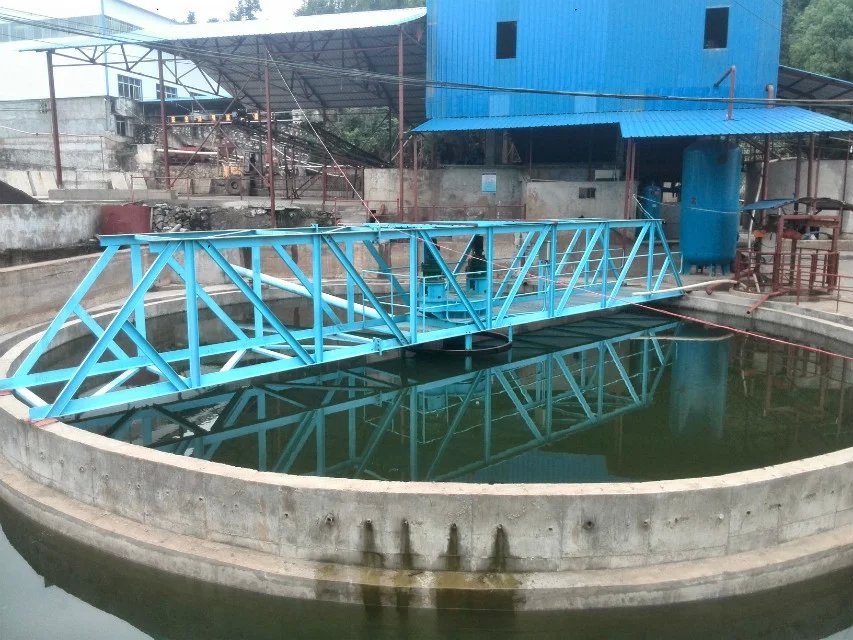Background: According to media reports, the cooperation negotiations between Sweden’s Volvo Group and Dongfeng Group are drawing to a close. If all goes well, the two sides will begin cooperation in May next year. After a long period of tortuous negotiations, Dongfeng and Volvo jointly created a commercial vehicle and finally had to "bunch."
â– Li Yongyong
Over the years, there has been a strange phenomenon in China's auto industry: the joint venture of car companies has been irrevocably escalated, and the joint venture of commercial vehicle companies has been slow.
Compared with the high success rate of joint ventures between car companies, there are few successful examples of joint venture projects between commercial vehicle companies and foreign companies in China. Commercial vehicle joint ventures may be difficult or eventually unhappy, and there are still some joint ventures under negotiation that have not made any progress. Why car joint ventures one by one, the level of cooperation has been continuously upgraded, commercial vehicle joint ventures are walking on thin ice, difficult?
The author believes that there are three main reasons for the joint venture of commercial vehicles.
First of all, the high price of foreign brands is an important reason for the joint venture to defeat the Chinese commercial vehicle market. Commercial vehicle joint ventures generally choose to use foreign technology to produce high-end heavy trucks. However, at present, the demand for high-end heavy trucks in the Chinese market is not high, and heavy-duty truck users pay great attention to the cost-effectiveness. When there is no policy mandatory requirement, they prefer to configure low-cost and cheap domestic models. . Transport vehicles are used as tools to make money. They are not like "cars" like cars. Foreign brand cars are even more advanced, and if they do not match the needs of the domestic market, they will “get goodâ€. In this case, the joint venture will only hit the market with high-end products and the chance of success will be minimal.
Secondly, the history of commercial vehicles in China is longer than that of cars and the foundation is better. Especially after several decades of development, commercial vehicle technology in China has become more mature. In addition, domestic truck manufacturers are also relatively mature. They have mastered some of the truck's technical, management, and sales experience, and have made corresponding talent pools. Therefore, in the negotiation process of joint ventures and cooperation, the right to speak is much larger than that of domestic passenger car manufacturers. Looking at the failure of many commercial vehicle joint ventures, many of them are due to the fact that the equity ratio of the two parties is the same. As domestic commercial vehicles occupy the vast majority of the market share, and the technical foundation is not thin, the Chinese side will defend their right to speak after the joint venture. While the foreigners themselves have technological advantages and do not bow their heads, the result is that they cannot convince each other and affect their development.
Again, the difficulty in integrating Chinese and foreign cultures is also a major cause. The first is the difference in consumer culture. Unlike passenger car brands that contain brand culture and added value, commercial vehicle owners are more concerned about the practicality of the car. Foreign investors in joint ventures often pay too much attention to technical content and ignore the characteristics of the initial stage of China's auto market development. Second, there are great differences between the Chinese and foreign parties in terms of market judgment, internal management, price positioning, and configuration increase and decrease. Therefore, when foreign companies introduce models, they often introduce many configurations that do not meet the current state of domestic commercial vehicle consumption, resulting in the disadvantage of the cost-effectiveness of imported models, and thus losing market opportunities.
Although China's commercial vehicle joint ventures have repeatedly been trapped in a difficult situation, in the face of China's huge market potential, many of the world’s commercial vehicle giants are still in the vanguard and have no choice but to enter the Chinese market.
High-Efficiency Mining Thickener , is also called mining concentrator, is a new type of solid-liquid separation equipment,It is not only sedimentation equipment but also a new type dehydrating equipment with the mash percolate features. It can rise the mash from 20-30% to 40-70% and is widely used in tailings processing, hydrometallurgy, environmental engineering, mineral processing, environmental engineering and many other fields. It is mainly used for the end of the pulp, metal selection pulp, slurry water, electricity, chemical industry and clarified slurry concentration to achieve the purpose of dehydration.

Mineral Thickener,Thickener Mining,Fine Ore Thickener,Ore Fines Thickener
Henan Mingyuan Heavy Industrial Machinery Company Co., LTD. , https://www.heavyequipment-china.com